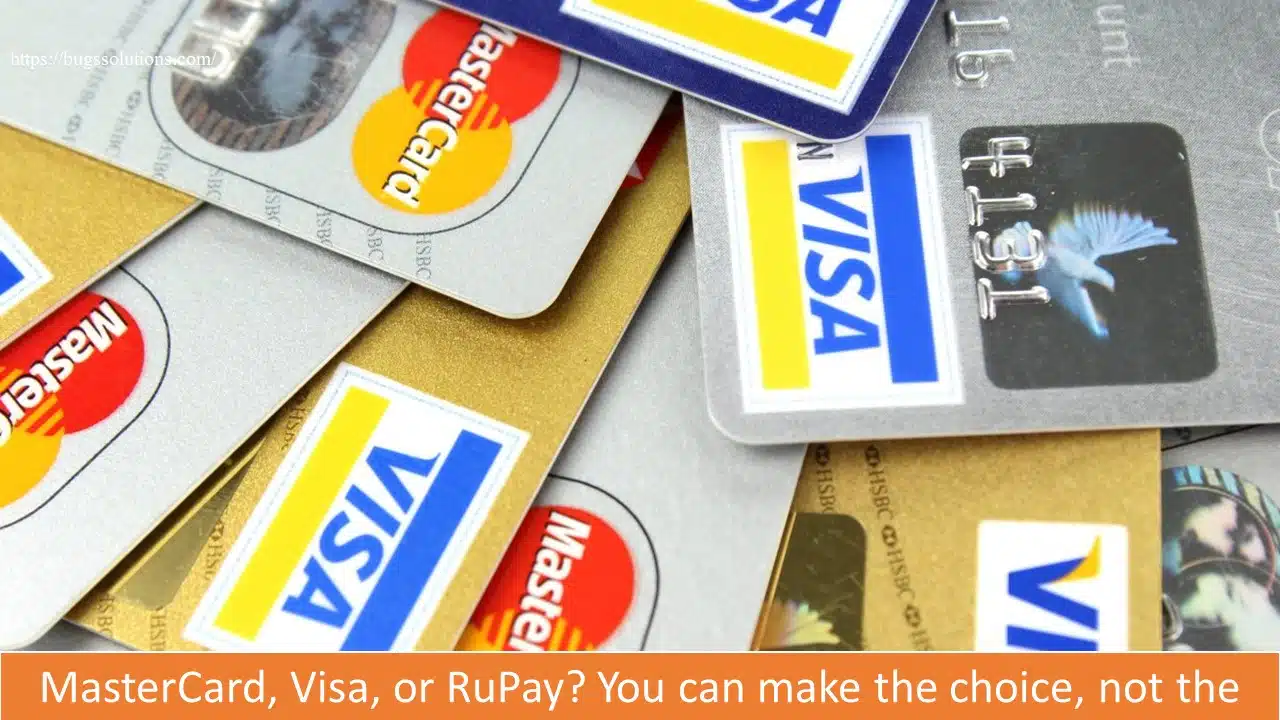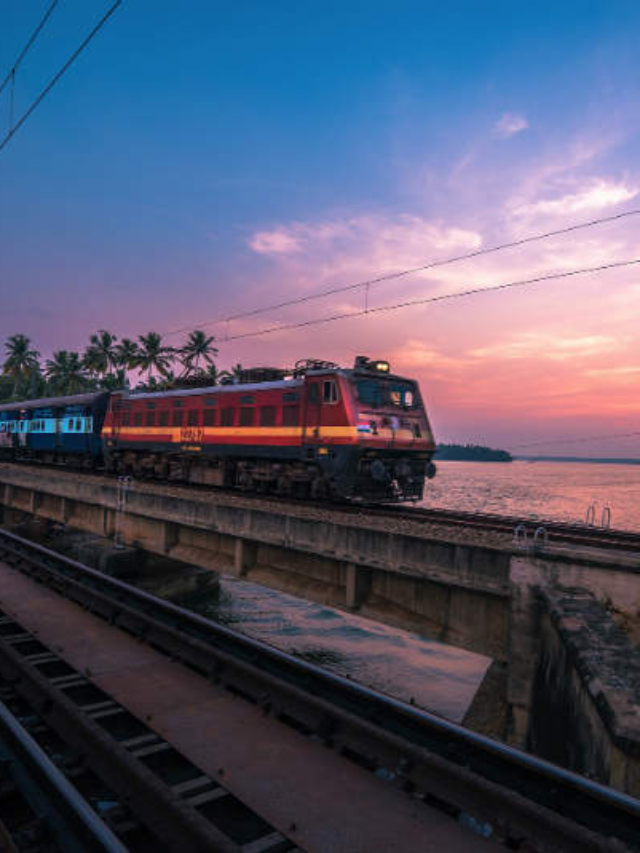The Reserve Bank of India (RBI) is recommending for banks and card network companies like Mastercard, Visa, and American Express enter into exclusive agreements that stifle competition and disadvantage consumers.
According to a new circular from the RBI, card issuer banks will now be required to issue cards from many network providers and provide clients the choice to select any one of the many card providers.
According to the central bank
According to the central bank, the current agreements between card networks and card issuers (banks and non-banks) do not promote customer choice. It has set a deadline of August 4 for public comments and made the circular effective on October 1. If used, users would have the option to select their card issuer at the time of issue or at any later time.
Banks that issue cards are no longer permitted to enter into exclusive agreements with card providers.
Upon implementation of this circular, all new card agreements will be needed for an update. The period of renewal will also need changes to current card agreements.
The declared goals of the RBI have been to make payment methods accessible and to prevent a dominant position in the retail payments industry.
Now You Can buy Indian railways platform tickets online in 2023
The Immediate Payment Service (IMPS) and Unified Payments Interface (UPI), in particular, have been a success for the National Payments Corporation of India (NPCI), which has contributed to lower fees while giving customers greater choices.
The RBI published an article on payment systems in August in which it stated that fees for payment services should be fair and competitively set for consumers while also offering the intermediaries the best possible revenue stream.
Difference between rupay, visa, and Mastercard
Popular payment card networks used for electronic transactions include MasterCard, Visa, and RuPay. Each network has distinctive characteristics and is well-liked in different parts of the world.
MasterCard: MasterCard is a worldwide network of payment cards that enables cardholders and businesses to transact online. Over 210 nations and territories throughout the world acknowledge it. Numerous financial institutions issue MasterCard’s selection of credit cards, debit cards, and prepaid cards. For both online and offline purchases, MasterCard offers safe and practical payment options.
Visa: Another important international payment card network that permits electronic payments is Visa. It is one of the most well-known payment networks in the world and is accepted in more than 200 nations and territories. Numerous financial organizations that issue credit cards, debit cards, and prepaid cards also provide Visa. Both offline and online payment methods are safe and dependable with Visa.
RuPay: The National Payments Corporation of India (NPCI) founded the RuPay domestic payment card network in India. It was implemented to encourage digital payments within India and lessen reliance on global payment networks like MasterCard and Visa. The majority of RuPay card users are located in India, where many Indian banks offer cards. In India, a rising number of shops and ATMs now accept them.










